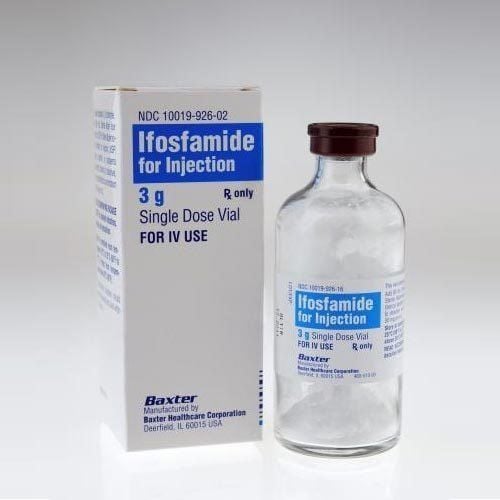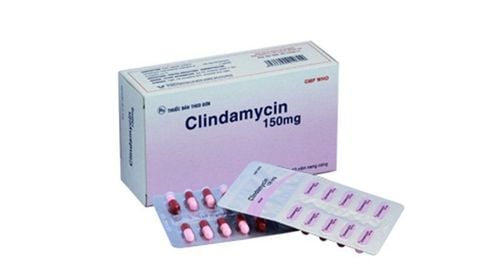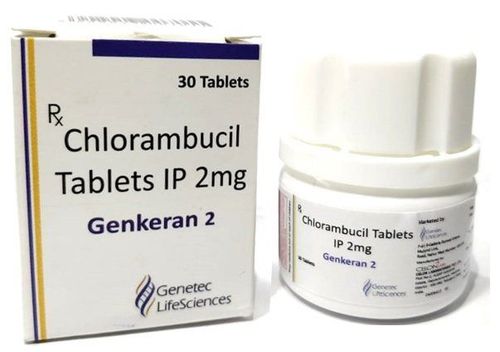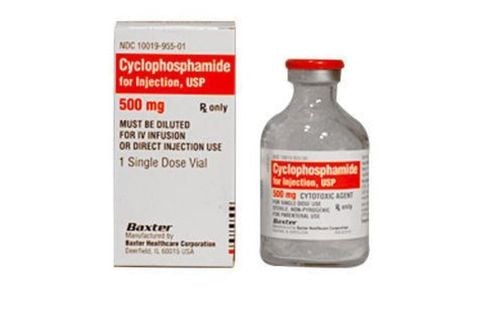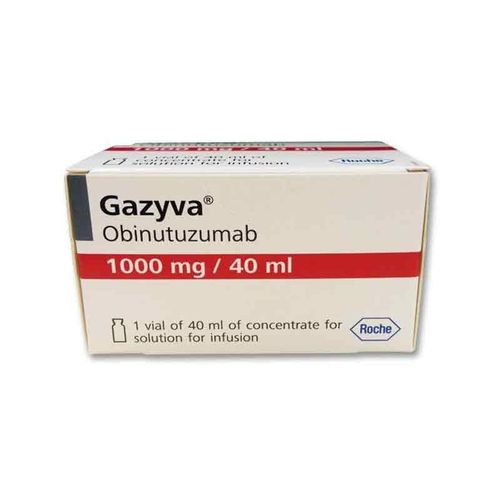This is an automatically translated article.
Gilteritinib is a medicine used in the treatment of acute myeloid leukemia (AML). The drug works by slowing or stopping the growth of cancer cells. Using Gilteritinib regularly will increase the effectiveness of treatment. However, the drug can cause some unwanted effects and should be taken into account when used such as not overusing the drug, not arbitrarily skipping doses,...1. What does Gilteritinib do?
What is Gilteritinib? Gilteritinib is used in the treatment of acute myeloid leukemia (AML). Gilteritinib works by slowing or stopping the growth of cancer cells.Acute myeloid leukemia is a cancer affecting the blood and bone marrow that progresses rapidly. This condition produces a low normal blood cell count and requires ongoing blood transfusions. Gilteritinib is indicated for the treatment of adult patients with relapsed or recurrent acute myeloid leukemia with an FLT3 mutation detected by a US Food and Drug Administration-approved test. This indication has been extended to companion diagnostics to include use with gilteritinib such as the LeukoStrat CDx FLT3 mutation test.
2. How to use Gilteritinib?
Gilteritinib is taken by mouth with or without food as directed by your doctor, usually once a day. The tablet should be swallowed whole, do not crush, chew or split the tablet.The dose of the drug is based on the patient's medical condition and response to treatment. Do not increase your dose or abuse it more often or for longer than prescribed. This will not make the condition improve faster, but will also increase the risk of serious side effects.
Patients need to take Gilteritinib regularly to get the most benefit from it. To easily remember when to take the medicine, choose the same time to take the medicine every day of the treatment.
3. Undesirable effects when using Gilteritinib drug
Some unwanted effects that may occur during the use of Gilteritinib include:Body fatigue Constipation or diarrhea Nausea, vomiting Mouth sores Decreased appetite Changes in appetite Headache Difficulty sleeping Muscle or joint pain Hypertension Serious side effects: nausea, vomiting that doesn't stop, stomach upset, vision changes (eg, blurred vision, decreased vision), mental/mood changes (eg. eg confusion), irregular fast heartbeat, severe dizziness, convulsions, fainting, etc. Before prescribing, the doctor has weighed the benefits more than the risk of side effects. However, in some cases, unwanted effects may still occur. Therefore, when you see unusual signs, especially when an allergic reaction occurs such as rash, itching or swelling of the face, tongue, throat, severe dizziness, difficulty breathing, etc., please notify us. immediately to the doctor for prompt treatment.

Táo bón là tác dụng phụ có thể gặp của thuốc Gilteritinib
4. Some notes when using Gilteritinib medicine
Some notes when using Gilteritinib include:Report a history of allergy to the drug or any other allergy before taking Gilteritinib. This product may contain inactive ingredients, which may cause allergic reactions or other problems. Inform the medical history to the doctor, especially cardiovascular diseases, family history of heart problems (QT prolongation in electrocardiogram, sudden cardiac death),... Because, Gilteritinib can cause a condition that affects the heart rhythm (QT prolongation). The risk is increased if the patient has certain medical conditions or is taking other medications that can prolong QT. While QT prolongation can rarely cause a fast/irregular heartbeat or serious symptoms, it is important to notify your healthcare provider immediately if you experience any unusual symptoms. medical care immediately. Low blood levels of potassium or magnesium may also increase the risk of QT prolongation. This risk can be increased if you take certain medications such as diuretics, etc. So if you have conditions such as excessive sweating, diarrhea or vomiting, talk to your doctor. on the safe use of Gilteritinib. Gilteritinib can increase blood pressure, so monitor your blood pressure often, especially after taking it. Gilteritinib can cause dizziness and is increased with the use of alcohol, beer, and other stimulants. Therefore, do not drive, use machines, or do tasks that require alertness, until you can do so safely. Do not use alcoholic beverages as well as stimulants during treatment with Gilteritinib. Before surgery, talk to your doctor or dentist about all the products you are using including prescription drugs, over-the-counter medicines, and herbal products, especially Gilteritinib. Older adults may be more sensitive to the side effects of gilteritinib, especially QT prolongation and an increased risk of falls in the elderly due to dizziness. Therefore, consideration should be given to the use of Gilteritinib in the elderly. Gilteritinib should not be used by women who are pregnant or planning to become pregnant. Because Gilteritinib can harm an unborn baby. Women using Gilteritinib should ask about reliable forms of contraception during treatment and for 6 months after stopping treatment. Men taking gilteritinib should ask about birth control during treatment and for 4 months after stopping treatment. If you or your partner becomes pregnant, talk to your doctor right away about the risks and benefits of Gilteritinib. Gilteritinib may pass into breast milk in nursing women, so there may be a risk to the infant. Therefore, breast-feeding while using Gilteritinib and for 2 months after stopping the drug is not recommended. Tests such as kidney function, liver function, blood mineral levels should be done during the use of Gilteritinib to check the response to treatment and prevent the risk of unwanted effects.
If you forget to take a dose of Gilteritinib, take it again as soon as possible. However, if it is close to the time you remember to take your next dose, skip the missed dose and take your next dose at the same time. Absolutely do not use twice the dose according to the treatment regimen. Using an overdose of Gilteritinib can cause serious symptoms such as nausea, vomiting, stomach pain, severe dizziness, weakness,...

Phụ nữ mang thai không nên sử dụng thuốc Gilteritinib
5. Gilteritinib drug interactions
Drug interactions may decrease the effectiveness of Gilteritinib, or increase the effect of unwanted effects. Tell the doctor about all other medications the patient takes, including prescription, over-the-counter and herbal products. Do not start, stop, or change the dose of any medicine without your doctor's consent.Drugs that can affect the removal of Gilteritinib from the body and affect the way Gilteritinib works such as:
Itraconazole Rifamycins such as rifampin,...
6. How to store Gilteritinib?
Store Gilteritinib at room temperature, away from moisture and light. Do not store Gilteritinib in a humid place or in the freezer. Each medicine will have different storage methods, so read the instructions on the package for Gilteritinib storage carefully, or ask your pharmacist. Keep Gilteritinib out of the reach of children and family pets. When medicine is past its expiration date or cannot be used, dispose of it properly. Do not arbitrarily dispose of Gilteritinib into an environment such as a water pipe or toilet unless requested to do so. Please consult your waste disposal company or pharmacist on how to safely dispose of Gilteritinib to help protect the environment.In a nutshell, gilteritinib is a medicine used to treat acute myeloid leukemia (AML). The drug works by slowing or stopping the growth of cancer cells. Using Gilteritinib regularly will increase the effectiveness of treatment. However, Gilteritinib can cause some unwanted effects and drug interactions, so tell your doctor what medicinal products you are taking to reduce the risk of side effects and increase the effectiveness of treatment. .
Please dial HOTLINE for more information or register for an appointment HERE. Download MyVinmec app to make appointments faster and to manage your bookings easily.
Reference source: webmd.com



